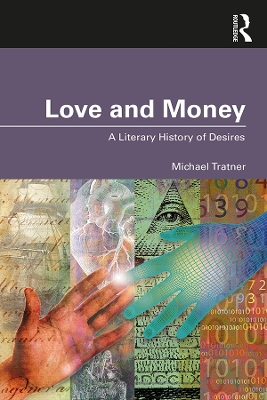When people speak about love and money, they usually are referring to a conflict: love distorted by the desire for money. Such statements imply that love has a distinct form before economics interferes, but this book aims to show that such a view simplifies what is going on, because people have always been deeply shaped by everything in the social order, including economics. So when people say that money is distorting love, what they are really saying is that the current relationship of love and economics is different from an earlier relationship. This book seeks then to demonstrate the intertwining of the discourses of love and money over a long history by focusing on moments when parallel conceptions appear in economic theories and love stories. The two discourses intersect because both seek to define qualities and behaviors of human beings which are most valuable and hence most desirable. Similar descriptions of valuable behaviors appear at roughly the same time in economic theories of how to acquire wealth and literary stories of how to find ideal lovers.
By tracking mutual expressions of desire, value, and acquisition in economics and love stories, this book argues for the ubiquity of the intertwining of these discourses, while exploring shifts in conceptions of value. It focuses on four eras when economic and romantic conceptions of what is most desirable were actively changing in English discourses: the early modern 17th century, the Victorian 19th, the modernist 20th, and the postmodern present.
- ISBN13 9781000032079
- Publish Date 25 February 2021 (first published 12 April 2010)
- Publish Status Active
- Publish Country GB
- Publisher Taylor & Francis Ltd
- Imprint Routledge
- Edition 2nd New edition
- Format eBook
- Pages 154
- Language English
